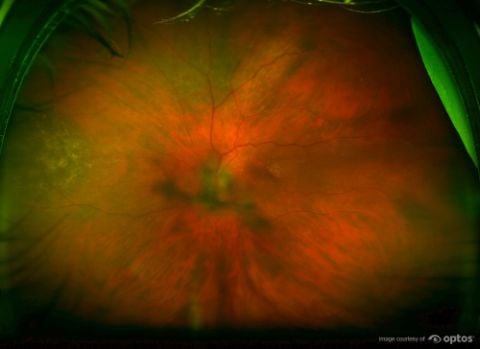June is Cataract Awareness Month
Affecting more than 24 million Americans over the age of 40 and thousands of others around the world, cataracts are the leading cause of vision loss worldwide. Direct medical costs for diagnosis, treatment, vision aids and the like adds up to a 14.7 billion-dollar annual impact on the U.S. economy alone. With these facts in mind, Prevent Blindness has declared June Cataract Awareness Month – a time to raise awareness and share prevention tips with your patients and the general public.
As an eye care provider, you’re positioned to make the greatest impact on your patients and your community. By using education, you can help reduce the number of people suffering from cataracts due to ignorance about the condition. Although generally associated with age, there are many risk factors that contribute to the development of cataracts, including but not limited to:
- Overexposure to UV rays from the sun
- Diseases such as diabetes that affect the eye
- Hereditary conditions
- German measles or other conditions an individual’s mother may have suffered during pregnancy
- Long-term smoking and steroid use
- Eye disease or injury
Speaking to your patients about these contributing factors may help them make better choices about their eye care and help prevent the formation of cataracts later in life, or at least reduce the condition severity.
Another great point to discuss with your patients is their focus on nutrition for cataract prevention. It’s known that compound, such as vitamin A, lutein and zeaxanthin, are essential for eye health and antioxidants, such as vitamins E and C, can help reduce the formation of cataracts. Your patients may be aware of the link to eye health through nutrition; however, they may not know which foods to choose. The Academy of Nutrition and Dietetics provides many great examples beyond carrots that many people associate with eye health.

An optomap® image of a patient with cataracts.
Of course, routine comprehensive eye exams can help ensure the health of your patients’ eyes. The addition of ultra-widefield retinal imaging technology from Optos can help you detect many eye diseases and issues before they cause significant vision loss. The detailed imaging can also help you plan treatment for those with a variety of conditions, including cataracts. Contact us for more information on the benefits of adding optomap® imaging to your practice.